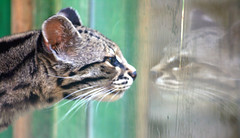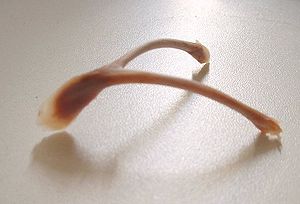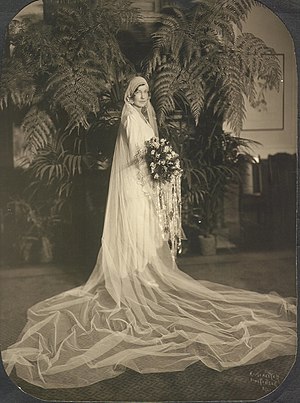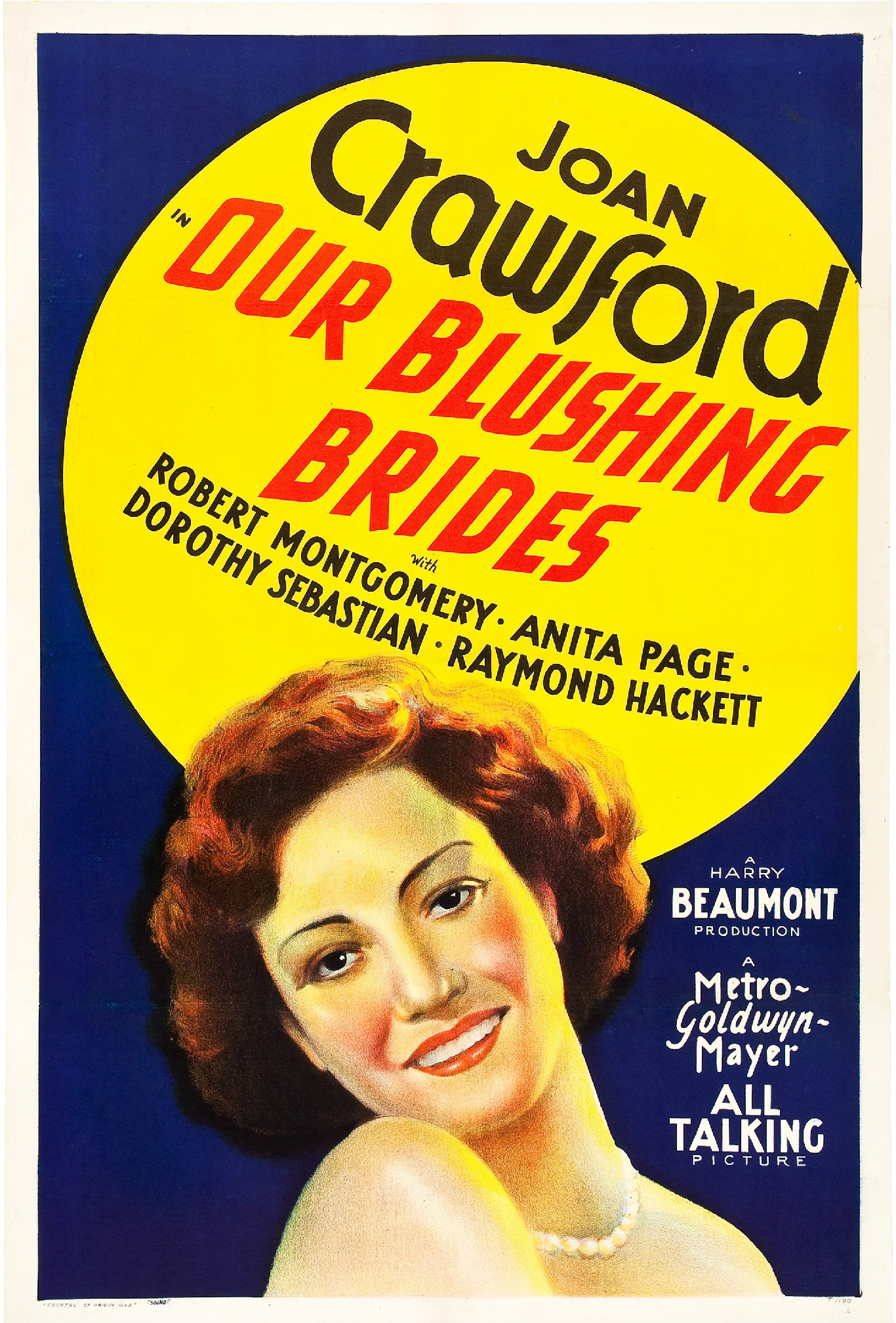" Something old, something blue, something borrowed, something blue..."
There are events that are prone to superstitions such as a
wedding ceremony. Aside from the wedding couple's parents, and more than anyone else, the one who's the most concern, if she cares at all, is the
bride herself.
During the ceremony, brides usually wear
white. It is an
old-age rule and has been practiced in centuries that the bride should wear nothing colored, (though usually, something blue is an exception to this because of an old custom)
White represents the bride's
purity, innocence and simplicity.
To escape criticism from many superstitious beliefs in colored gowns,
white (and something blue) is favored for the wedding ceremony. Nevertheless, these superstitions are traditional to some countries.
"Married in red, you'd better be dead,
Married in yellow, you're ashamed of the fellow,
Married in green you're ashamed to be seen,
Married in pink, your spirit will sink,
Married in
white, you have chosen right,
Married in blue, your lover is blue ".
Reference : Reader's Digest Why In The World
 Image by law_keven via Flickr
Image by law_keven via Flickr











